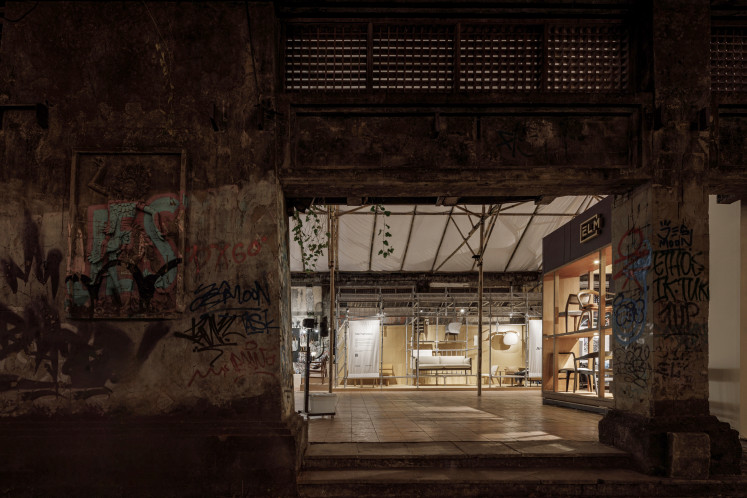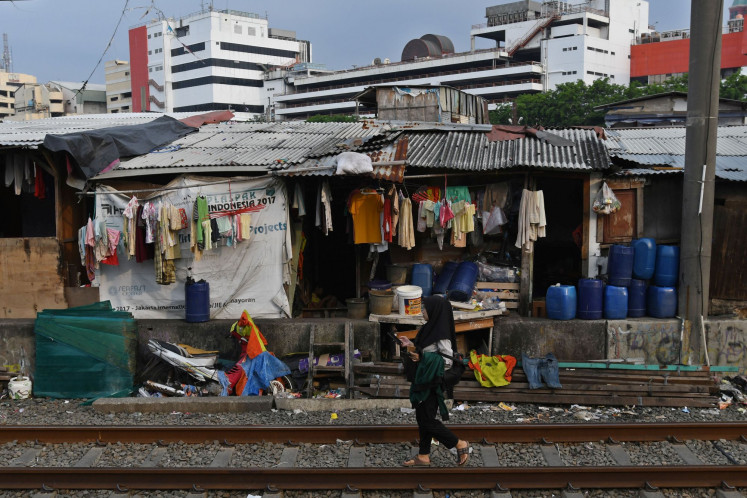Popular Reads
Top Results
Can't find what you're looking for?
View all search resultsPopular Reads
Top Results
Can't find what you're looking for?
View all search resultsBonnie Triyana: Learning about today's society from history
Historian Bonnie Triyana cannot get enough of history. Even his choice of fiction books must have an historical context or background in them.“I love reading non-fiction historical books but I also love fiction novels that have historical backgrounds and themes,” Bonnie told The Jakarta Post in a recent interview.
Change text size
Gift Premium Articles
to Anyone
 Historian Bonnie Triyana cannot get enough of history. Even his choice of fiction books must have an historical context or background in them. (Shutterstock/-)
Historian Bonnie Triyana cannot get enough of history. Even his choice of fiction books must have an historical context or background in them. (Shutterstock/-)
H
istorian Bonnie Triyana cannot get enough of history. Even his choice of fiction books must have an historical context or background in them.
“I love reading non-fiction historical books but I also love fiction novels that have historical backgrounds and themes,” Bonnie told The Jakarta Post in a recent interview.
Some of his favorite fiction novels include Arus Balik by Pramoedya Ananta Toer and Para Priyayi by Umar Kayam. These books, Bonnie said, had a timeless relevance to contemporary Indonesian society.
“From these fictional works, interestingly, we can learn and understand about the reality of our everyday lives.”
(Read also: The case of reading and preserving Indonesian literature)
Bonnie, who helped the Lebak regency in Banten establish the Multatuli Museum, said most of the books he read focused on the leftist movement in Indonesia because this had been a subject of interest for him since his university years.
Pergaulan Orang Buangan di Boven Digoel
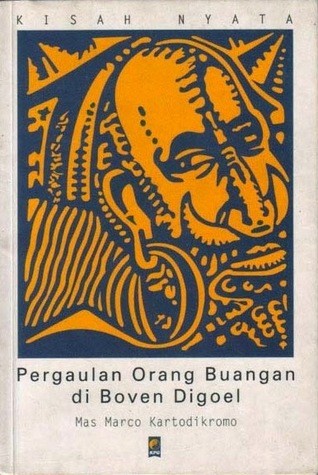
Author: Marco Kartodikromo
This is a very thin book but its substance is amazing. It is some sort of a diary from Marco during his exile in Boven Digoel along with other Indonesian independence movement activists. Here, Marco shows the different characteristics of people who were put under heavy stress and pressure. He shows how people could be very opportunistic when put under pressures and he also describes how the idea of independence was often not well received by other Indonesians and was even met with cynicism.
An Age in Motion
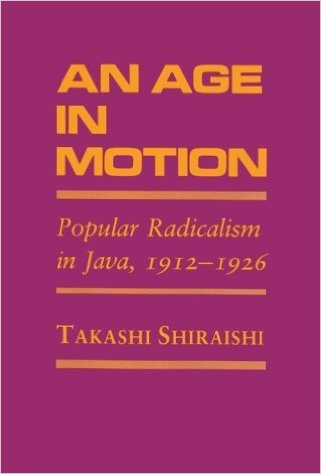
Author: Takashi Shiraishi
This is a non-fiction historical book that I am currently reading because I am currently conducting research on Sarekat Islam (SI) and Henk Sneevliet [a Dutch communist who triggered the freedom movement among the pre-independence Indonesian working class]. This book offers a lot of perspectives about the struggle for the independence movement in pre-independence Indonesia. The movement had a lot of similarities with today’s Indonesian society and politics. It really helps me to understand the basic foundation of Indonesia as a nation state. It is one of my favorite books and I take it with me everywhere I go.
(Read also: Questioning Islamic label of books and films)
Buron dari Boven Digoel
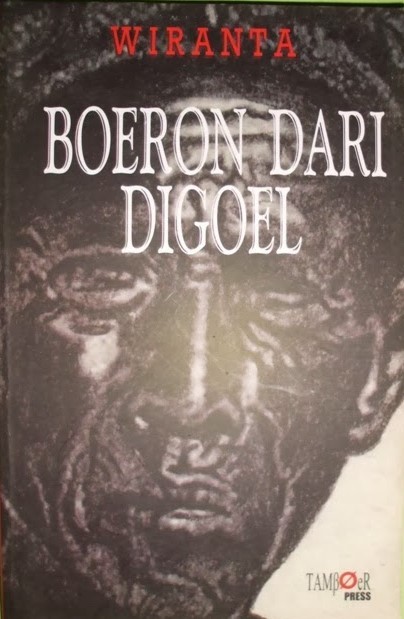
Author: Wiranta
This is also a book on Digoel but it is a fictional work. I read this book a long, long time ago. I do not think it has been reprinted again. It tells the story of people who try to escape from Digoel only to go in circles. They even try to swim to Australia but they can never escape the island.
Arok Dedes
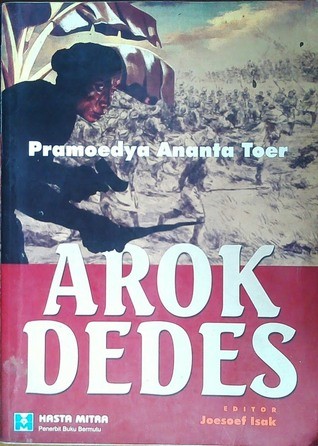
Author: Pramoedya Ananta Toer
This is probably Pram’s novel that I love the most. Here, Pram sees Ken Arok from a different perspective and other than this, he also shows how power is centralized and fought for in the land of Java.




